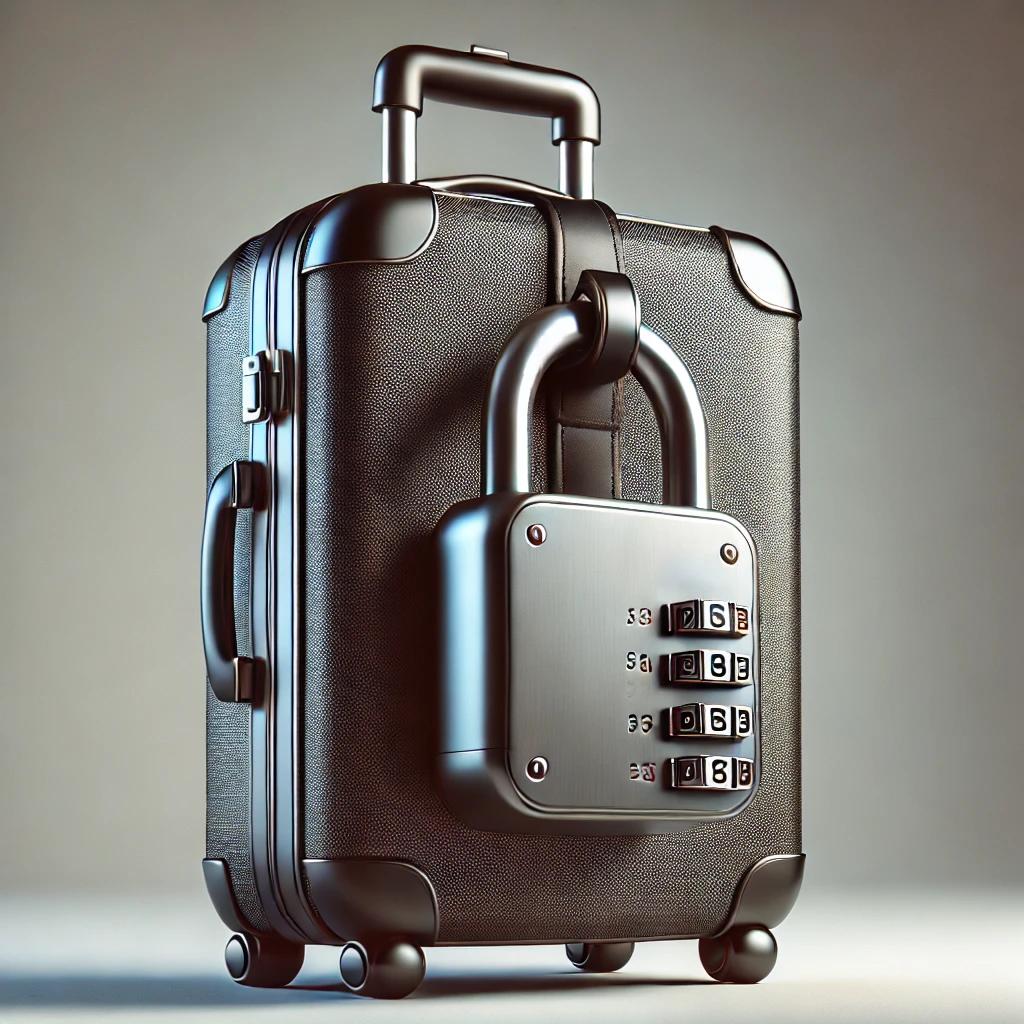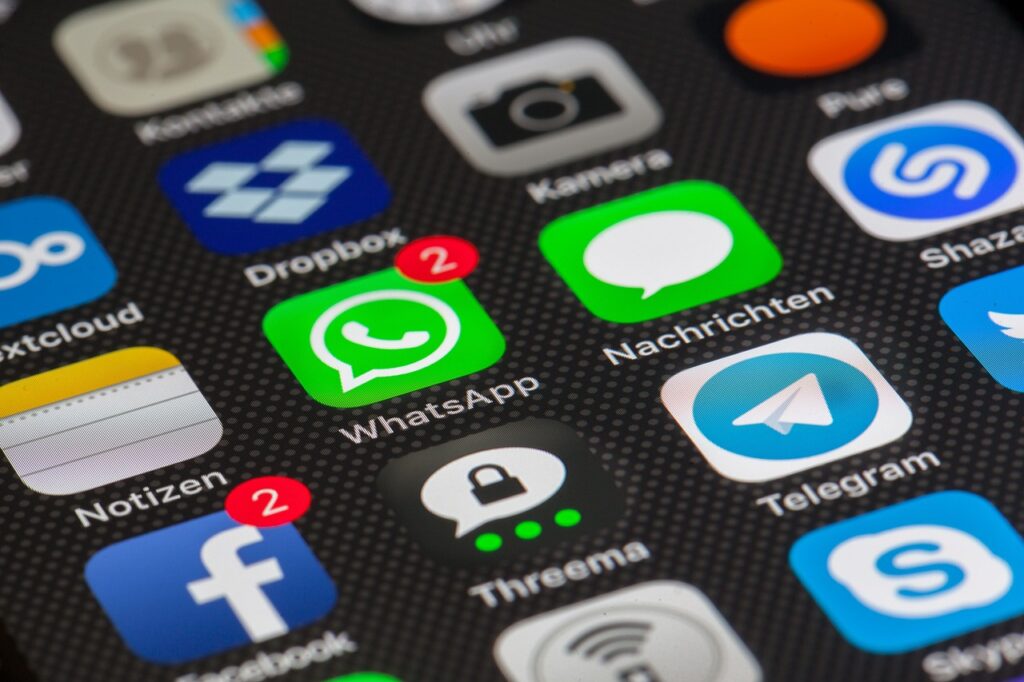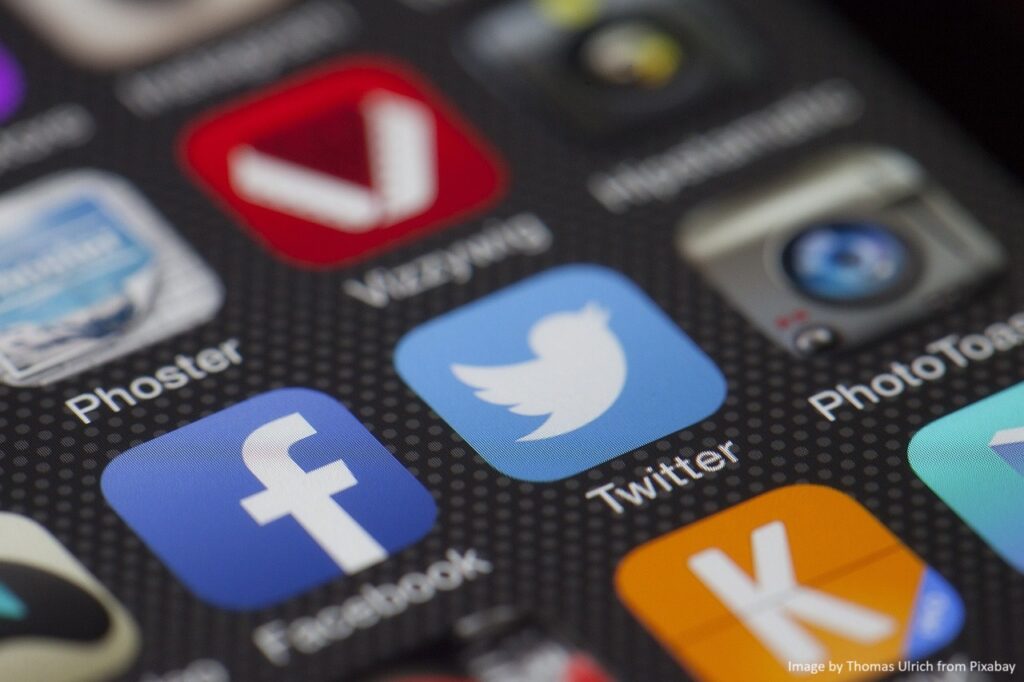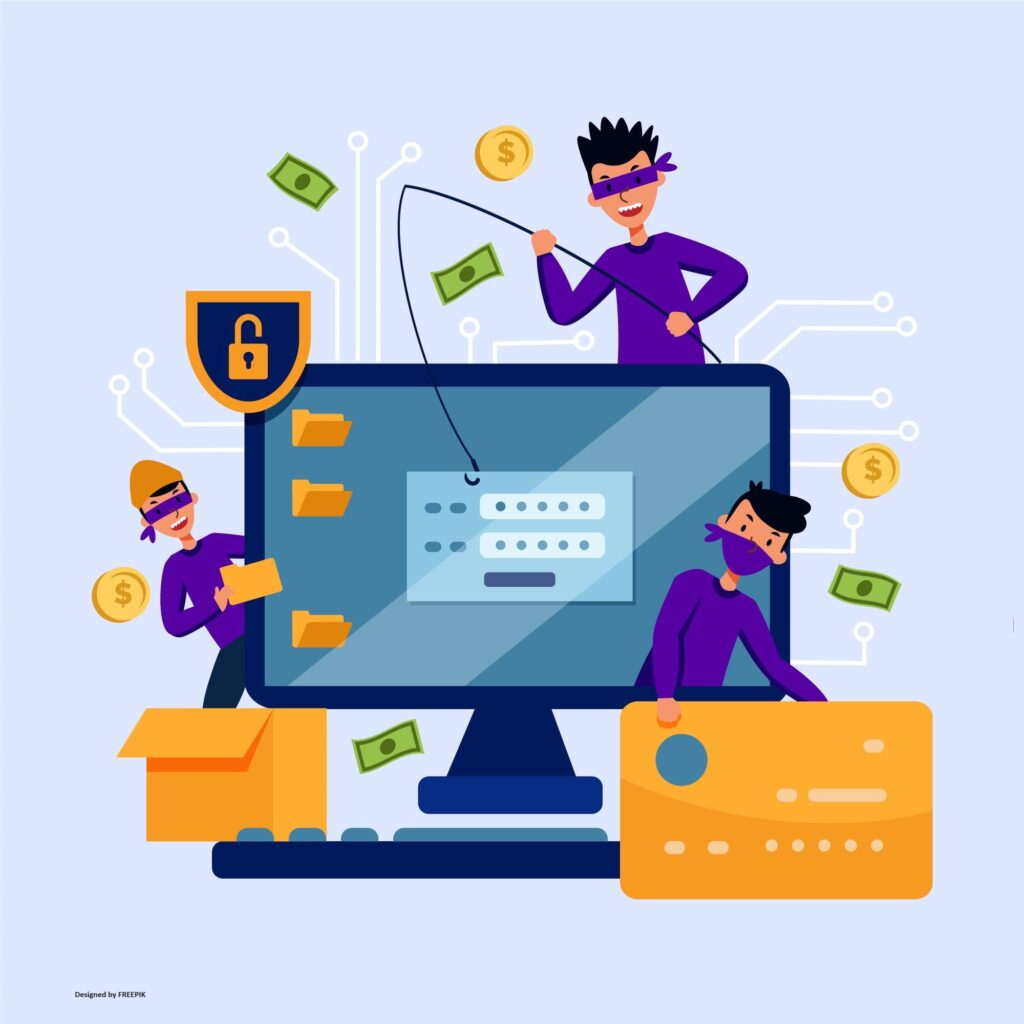When you send a message using your favorite instant messenger app like WhatsApp or Facebook Messenger, have you ever wondered if it’s truly safe from prying eyes? With so many cyber threats out there, from hackers to invasive surveillance, protecting your personal information is more important than ever. Encryption apps provide a simple yet effective way to secure your chats, calls, and files from unauthorized access.
In this article, we’ll learn what encryption apps are, how they work, and why they’re a must-have for securing your communications, especially as we move into 2025 where cyber threats are expected to increase. By the end, you’ll know how to choose the right one for your needs and how to get started today. So let’s get to it!
Jump To:
Toggle
What Is Encryption?
Before we start talking about encryption apps, I should explain what exactly is encryption. In simple terms, encryption is like locking a message in a suitcase, so only someone with the right key can open it. Take a look at the example below:
- You have a secret message you’re sending to a friend, e.g., “Meet me at the bar at 7:00pm.”
- You lock it with a special key using an encryption algorithm like AES.
- The message turns into random nonsense, something like G5d7@#kLp2!.
- Only your friend with the secret key can unlock and read the message.
In the example above the original message is known as the plaintext, and when it is encrypted with a secret key or encryption key, it is transformed into an unreadable, unintelligible format known as the ciphertext. So if someone does not possess the secret key or decryption key, they won’t be able to decrypt the message, and find out you’re getting drunk at a bar when you’re supposed to be at home. It’s therefore important that the secret key is kept secret, because with it, someone can know the meaning of the original message.
This is the power of encryption, and why it’s necessary for communication today. Modern encryption, although it works the same way as the above example, is much more complex with math and computers, keeping your online data safe such as your banking information, passwords, and messages.
Encryption comes in two main types:
- Symmetric encryption: This method uses the same key to encrypt and decrypt the data.
- Asymmetric encryption: This method uses 2 keys; a public key encrypts the data, and a private key decrypts it, adding an extra layer of security.
Modern encryption apps rely on end-to-end encryption, ensuring that only you and the intended recipient can access your messages. This is a tried and proven technology that allows encryption apps to work to secure your data and keep it private.

What Are Encryption Apps?
Encryption apps protect your communication by using encryption methods described above. They ensure that your chats, calls, and files stay private and secure, even on shared or insecure networks.
Here are a few popular apps
- Signal: Known for its robust security and open-source transparency.
- WhatsApp: Offers end-to-end encryption and is widely used globally.
- Telegram: Provides optional encrypted chats and cloud storage.
Even though encryption apps use complex mathematical encryption algorithms, they are designed for everyone, from tech enthusiasts to casual users, offering secure messaging apps and tools to keep your chats private.
Here’s Why You Need Encryption Apps
As we enter a new year, we have to contend with the continued evolution of cyber threats that target personal and professional communications. Hacking, phishing, and surveillance continue to pose real risks to your privacy.
Here’s why you need encryption apps:
- Protecting personal information: Encryption apps prevent unauthorized access to your sensitive data.
- Securing messaging apps: They shield private conversations from prying eyes, giving you the confidence to communicate safely.
- Combating growing cyber threats: Encryption apps provide an additional protection by offering effective defense against data breaches.
The benefits of using encryption apps for messaging are clear: they empower you to communicate without fear of interception or misuse.
How Do Encryption Apps Work?
I touched on this earlier in the article, that encryption apps use encryption methods to encrypt a message or data using an encryption algorithm. Then, a secret key to scramble your data during transmission, ensuring only the intended recipient can decode it using a decryption key. They achieve this using:
- Private and public keys: Unique keys that secure your messages, used in symmetric and asymmetric cipher systems.
- Secure protocols: Technologies like Secure Socket Layer (SSL)and its successor Transport Layer Security (TLS) which encrypts the connection between your app or browser to a website. This ensures that your data is private and secure during transmission.
Standout Features of Encryption Apps
Here are the standout features that make encryption apps indispensable:
- End-to-end encryption: Only the sender and the recipient can read the messages.
- Secure file sharing: Safeguards sensitive documents.
- Cross-platform compatibility: Works on multiple devices and operating systems.
- No data logging policies: Ensures your data isn’t stored or shared.
Look for these in the top encryption apps for privacy and security to meet your needs.

Recommended Encryption Apps
Here’s a closer look at some of the best encryption apps for secure communication that you can use:
1. Signal
Why it’s great: Signal is the gold standard when it comes to security for secure messaging. In 2014 the Electronic Frontier Foundation (EFF) gave Signal a perfect score on the EFF’s secure messaging scorecard. It uses advanced end-to-end encryption for texts, voice calls, and video chats. It’s also open-source, meaning its code is regularly reviewed by security experts.
Best for: Users seeking the highest level of privacy and security.
2. WhatsApp
Why it’s great: With over 2 billion users, WhatsApp is by far the most popular instant messaging service in the world. It combines user-friendliness with industry-standard encryption. It encrypts all messages, calls, and media, and offers features like disappearing messages.
Best for: Everyday communication with friends and family.
3. Telegram
Why it’s great: Telegram offers optional “Secret Chats” that use end-to-end encryption. A favorite of mine, it provides secure file sharing and group messaging. It’s a cloud-based system that makes it ideal for syncing across devices.
Best for: Those looking for flexibility with optional encryption.
4. Threema
Why it’s great: Threema focuses on anonymity and privacy. It doesn’t require a phone number or email to use, which is pretty cool, and all of its communications are encrypted.
Best for: Users who value anonymity and minimal data sharing.
5. ProtonMail
Why it’s great: It’s from the fine folks that give us ProtonVPN, and although it’s primarily an email service, ProtonMail provides end-to-end encryption for your emails, making it perfect for secure correspondence. It’s based in Switzerland, a country with strong privacy laws.
Best for: Secure email communication.
Each of these apps excels in its own way, making them suitable for different privacy needs and preferences.

How to Choose the Right Encryption App
When it’s time for you to select your app, your decision should be based on your specific needs. Here’s what to consider:
1. Usability
Look for intuitive interfaces. No one likes a complicated interface, where you feel like you need to take a 6-week course just to use it.
2. Platform Support
If you’re part of a particular ecosystem or considering it, ensure that the app you choose is compatible with your devices.
3. Features
It would be remiss of me if I didn’t tell you to prioritize end-to-end encryption and extra privacy tools, when you decide to decide your app.
By considering these factors, you’ll know how to select the right encryption app for your needs.
Myths About Encryption Apps
Let’s debunk some common myths:
“They’re only for tech experts”: Modern apps, although using complex mathematical encryption algorithms, are user-friendly and designed for everyone, not just for techie, nerdy guys like me.
“I have nothing to hide”: Always keep in mind that your privacy is a right, not just a necessity for keeping your sensitive information safe and private.
How to Get Started with Encryption Apps
Ready to secure your communication? Follow these steps:
- Download an app: Choose one like Signal or WhatsApp.
- Set up an account: Follow the app’s instructions.
- Enable additional security features: Activate two-factor authentication for added protection.
Conclusion
Encryption apps are necessary these days for protecting your personal information in a world where everything is moving online. From safeguarding private conversations to shielding sensitive data, these tools empower you to communicate securely and confidently.
Key Takeaways:
- Encryption apps protect your chats, calls, and files with cutting-edge technology.
- Choosing the right app is easy with today’s user-friendly options.
- Privacy and security are accessible to everyone.
If you’re familiar with any of these apps, let me know your thoughts about them in the comments below!







